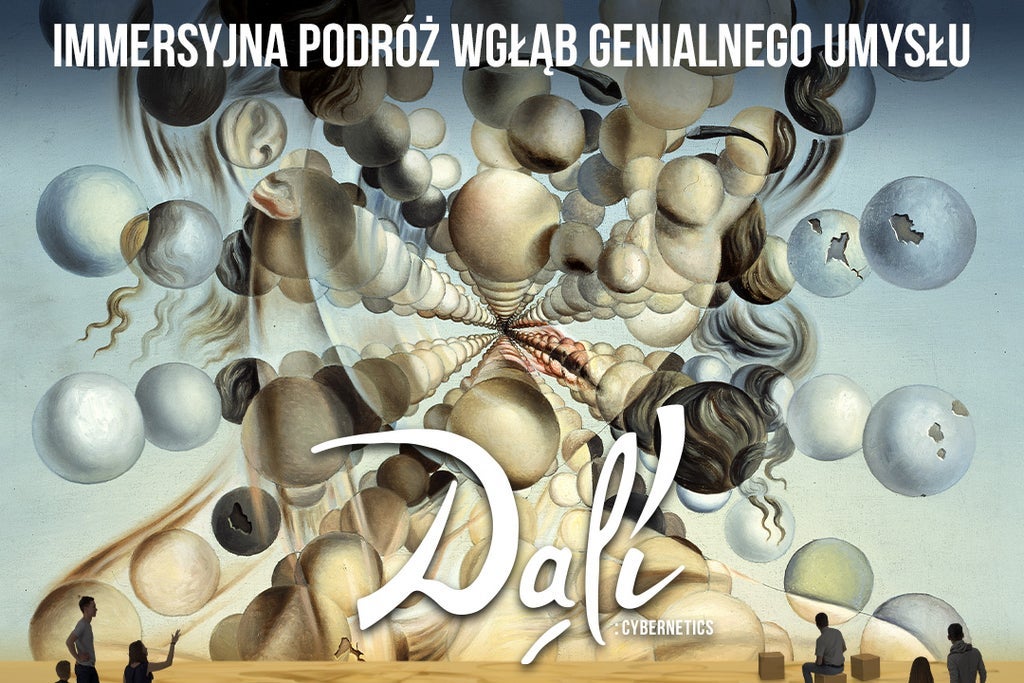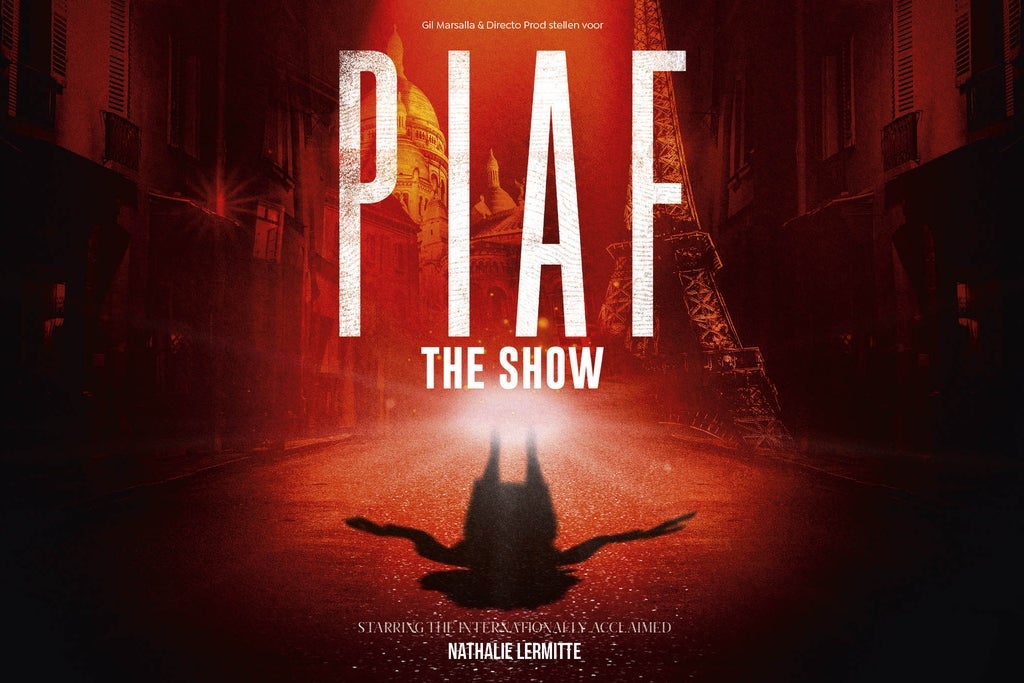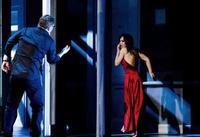This is the oldest work that Mariusz Treli?ski has taken on in his 15 years as an opera director. He chose the Viennese version of Gluck’s opera, performed in Italian and with a baritone Orfeo. Treli?ski’s Orfeo is a piece that grew from the music and the cultural background, but apparently was also inspired by some hard times he personally experienced. His confrontation with the great tale of Mediterranean culture and also the founding myth of the whole opera genre resulted in a completely contemporary form: real, “ours”, almost palpable, just like in Czes?aw Mi?osz’s poem Orpheus and Eurydice. The director left out Gluck’s conventional lieto fine, a relic of the Enlightenment worldview – a form of interference Treli?ski had never before allowed himself and never has since. In such a personal production the major chords of the ending would have simply been an inappropriate dissonance. Treli?ski’s Euridice commits suicide only to literally haunt her still living lover after her death, practically not leaving the stage even for a moment. What an accumulation, in the performance’s two hours, of shocking images that it is impossible to shake off upon leaving the theatre! Let us mention just one, perhaps the most powerful – when Euridice’s coffin is about to be consumed by the crematorium furnace...
Cast and Creative team for Orfeo Ed Euridice at Teatr Wielki - Opera Narodowa, Moniuszko Auditorium
Direction: Mariusz Treli?ski
Set Design: Boris Kudli?ka
Costumes: Magdalena Musia?
Choreography: Tomasz Wygoda
Chorus Master: Bogdan Gola
Lighting Design: Marc Heinz
Literary Consultancy: Piotr Gruszczy?ski
Video: Bartek Macias
Cast:
Orfeo - Wojtek Gierlach
Euridice - Olga Pasiecznik
Amor - Bo?ena Bujnicka
Videos

|
Dali Cybernetics - wystawa immersyjna
Art Box Experience (1/15 - 3/16) | |

|
Piaf! The Show
ICE Kraków Congress Centre (4/22 - 4/22) | |

|
Brel! Le spectacle
Audytorium Muzeum Historii Pol. (12/6 - 12/6) | |

|
RODZINNE OPROWADZANIA DLA DZIECI 5-12 LAT
Art Box Experience (1/19 - 3/16) | |

|
Piaf! The Show
Audytorium Muzeum Historii Pol. (4/26 - 4/26) | |

|
Brel! Le spectacle
ICE Kraków - Sala Teatralna S2 (12/1 - 12/1) | |
|
Dianys Show
National Theater Central (5/30 - 8/1) | ||
| VIEW SHOWS ADD A SHOW | ||
Recommended For You



